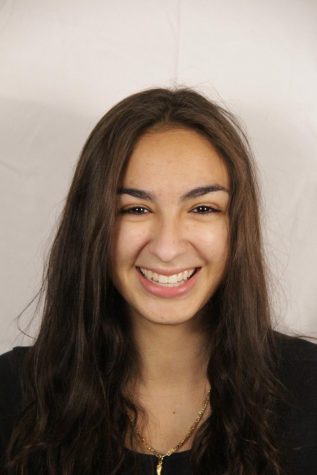University enforces three-day scheduling model for fall 2022
The University of New Haven is implementing a new class schedule that will include more courses scheduled to meet on Fridays.
This is a departure from the school’s current method of holding classes.
The university is seeing a surge in enrollment, and a simultaneous need to maintain the school’s small class size average of 20 students that it is known for.
At the same time, the administration has been discussing the use of classroom space.
As a result of an anticipated classroom space shortage, the President’s office is backing a new scheduling model for 1000-level courses to begin in the upcoming fall 2022 semester in order to increase classroom space availability.
The university currently runs on a primary cycle of classes meeting on Mondays and Wednesdays, with a second set meeting on Tuesdays and Thursdays. A small selection of classes, primarily math courses, run three days a week on a Monday/Wednesday/Friday or Tuesday/Thursday/Friday schedule.
With the new schedule, the university is switching to a drastic increase in courses running Monday, Wednesday and Friday, in three, 50-minute blocks, as opposed to two, 75-minute sessions on Mondays and Wednesdays. Given that this increase will be visible in the area of 1000-level courses, which are heavily populated by first-year students, the new model is set to hold less of an impact on current students in comparison to those incoming starting this fall.
Such chairs and professors, such as Christopher Dowd, chair of the English department, have been advised to submit their course schedules for the upcoming semester following this new three-day meeting model.
Dowd said he is concerned about student conflicts with this new model, saying that “I do worry that students will be less inclined to take Monday/Wednesday/Friday classes than Tuesday/Thursday classes. More significantly, I worry that there are populations of students who will not be able to take Monday/Wednesday/Friday classes because they have other obligations and activities scheduled for Fridays. Friday is a common day for students to do internships, to work off-campus, and to fulfill ROTC duties, for instance. This may unintentionally increase demand for Tuesday/Thursday classes.”
Dowd said he did not anticipate any need for altering courses as a result of the three-day model, as the new scheduling plan is “not impacting the amount or types of classes we are offering in the fall semester.”
As for professors, Dowd said that he has concerns with staffing, especially that of adjunct professors. One area of such concerns surrounds that of finances and the cost of commuting to campus an extra day each week. Dowd said “many [adjunct faculty] do not live locally,” and an extra trip to campus may be “burdensome” to professors assigned to three-day-a-week courses.
Other department chairs asked for anonymity when discussing the new schedule. One said that their concerns surrounded the notion that “with the lack of full-time faculty in some departments, finding adjunct faculty to teach on [Monday/Wednesday/Friday] will be a difficult task. I truly wonder how many full-time faculty will volunteer to teach on [Monday/Wednesday/Friday].”
Most department chairs declined to comment.
With the spring semester nearing its halfway point, students can look for the new schedule when they register for fall classes.

Mia Adduci is a senior studying communication concentrating in multi-platform journalism and media who began writing for the paper her first semester on...






